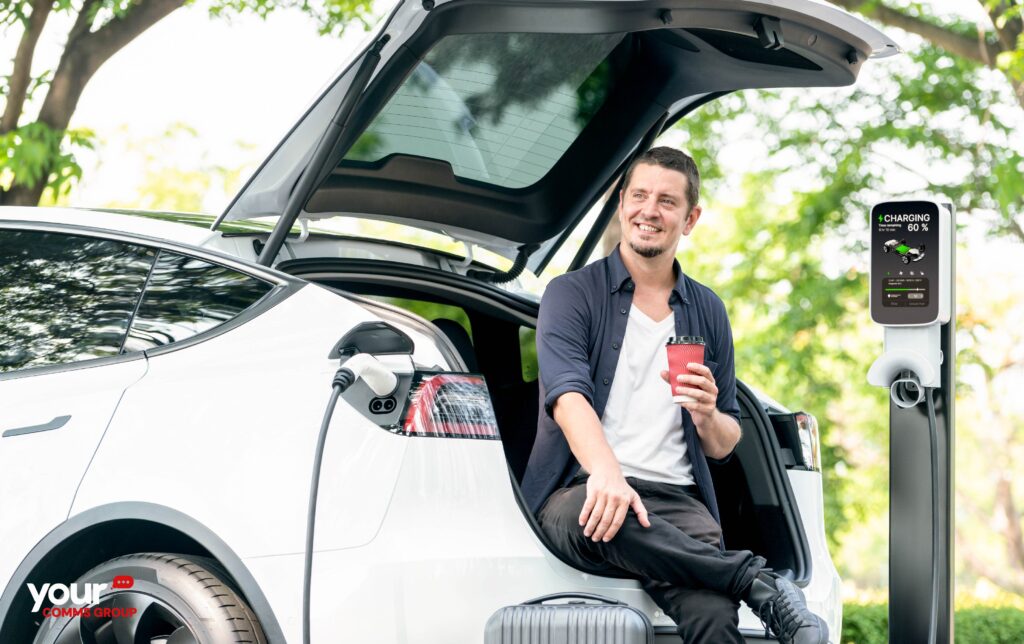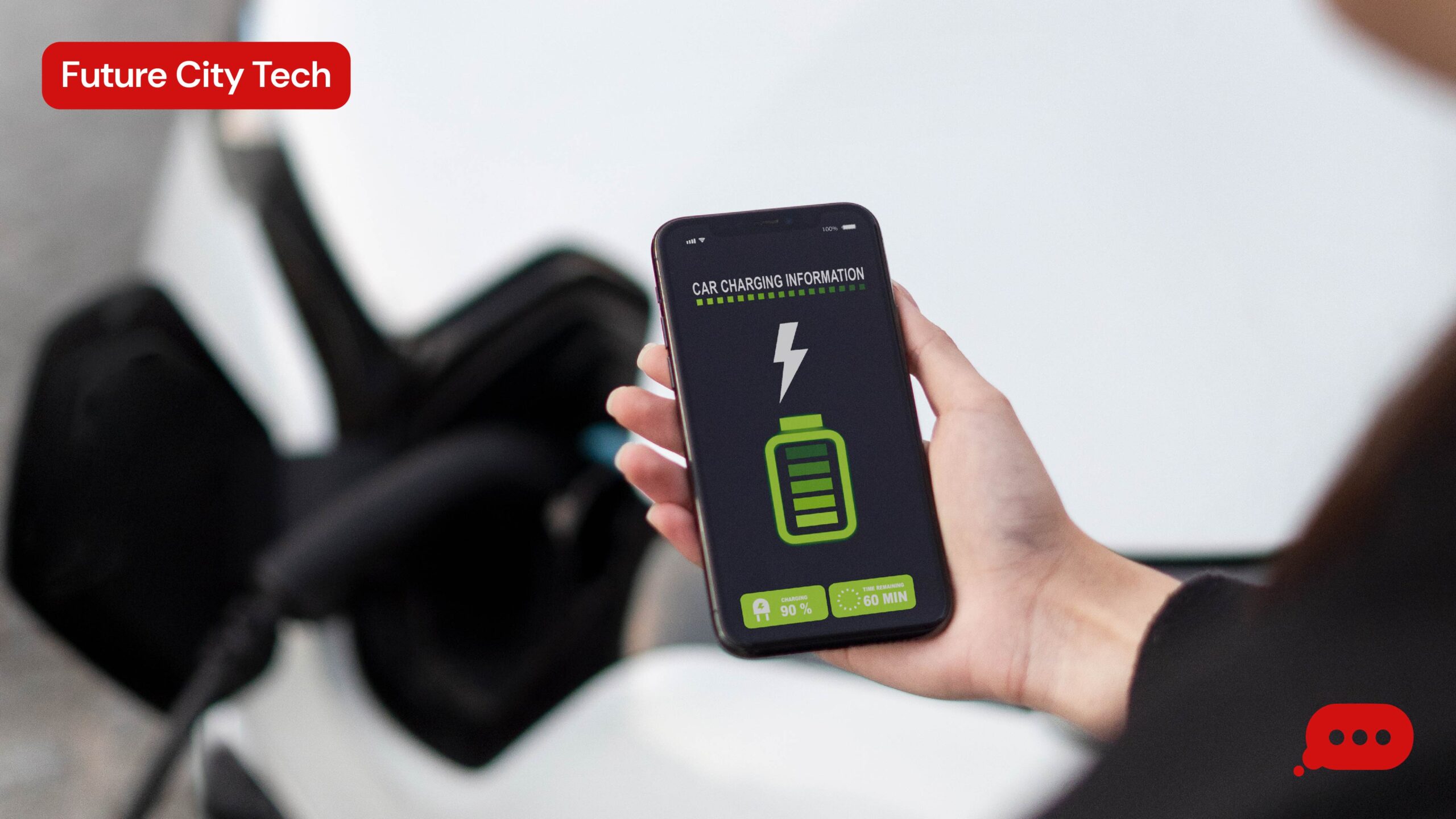As cities grow larger and the demand for sustainable living increases, the convergence of Internet of Things (IoT) technology and electric vehicles (EVs) transforms urban environments. Smart cities are leveraging this powerful combination to create sustainable transportation networks, reduce energy waste, and improve residents’ quality of life.
IoT and EV integration are revolutionising city functions, from traffic management to optimising EV charging. Here’s how this synergy is shaping the cities of the future.
Smarter Transportation Networks

IoT plays a vital role in streamlining transportation systems in smart cities. By connecting vehicles, traffic signals, and road infrastructure, IoT enables real-time communication that improves traffic flow and reduces congestion.
This means more innovative routing for EVs to avoid traffic, locate nearby charging stations, and even schedule charging during off-peak hours. IoT-enabled sensors can also provide live data on road conditions, helping drivers and city planners make informed decisions.
Efficient EV Charging Solutions
EV charging infrastructure is a cornerstone of sustainable transportation in smart cities. IoT enhances this infrastructure by enabling dynamic energy management and real-time monitoring.
For example, IoT-connected charging stations can communicate with energy grids to balance demand, ensuring electricity is used efficiently. Additionally, smart charging platforms allow EV owners to locate available charging spots, reserve them in advance, and pay seamlessly through mobile apps.
Are you interested in exploring IoT solutions for EV infrastructure? Your Comms Group offers tailored IoT and communication services to support innovative city initiatives. Visit www.yourcommsgroup.com or email us at [email protected] for more details.
Sustainability Through Renewable Energy Integration
IoT and EVs are key drivers of renewable energy adoption in smart cities. By integrating solar panels, wind turbines, and other renewable energy sources with IoT systems, cities can power EV charging stations sustainably.
IoT technology also enables energy storage systems to optimise renewable energy. These systems ensure that excess energy is stored during low-demand periods and utilised when needed most. This integration supports cities’ efforts to reduce carbon emissions and reliance on fossil fuels.
Enhanced Urban Mobility with Autonomous EVs
The future of smart cities includes autonomous electric vehicles, and IoT is at the heart of this innovation. IoT-enabled sensors, cameras, and communication systems allow autonomous EVs to navigate complex urban environments safely.
These vehicles and city infrastructure can communicate with each other to optimise routes, avoid collisions, and reduce travel times. Autonomous EV fleets are expected to play a significant role in public transportation, offering efficient and sustainable mobility solutions.
Improving Air Quality and Urban Living
Combining IoT and EVs significantly reduces air pollution by minimising emissions from traditional vehicles. IoT-enabled air quality monitoring systems track pollution levels in real time, allowing cities to implement targeted interventions, such as rerouting traffic or adjusting public transportation schedules.
Cities can create healthier, more liveable spaces for residents by promoting the use of EVs and monitoring environmental factors.
Data-Driven Urban Planning
IoT and EV integration generate vast amounts of data to inform urban planning. City planners can analyse traffic patterns, energy usage, and air quality data to make informed decisions about infrastructure development and resource allocation.
For instance, data from IoT sensors can identify areas with high EV adoption, guiding the placement of new charging stations. Similarly, insights from traffic data can help optimise public transportation routes and reduce congestion.
Challenges and Future Prospects
Despite its benefits, integrating IoT and EVs in smart cities faces challenges, including high implementation costs, data security concerns, and the need for standardisation. Addressing these issues requires collaboration between governments, businesses, and technology providers.
As technology advances, the barriers to IoT and EV integration are expected to diminish, paving the way for more innovative, more sustainable cities.
The Road to Smarter Cities
The intersection of IoT and EV technology is redefining urban living, creating cities that are not only smarter but also greener and more efficient. By leveraging these innovations, smart cities can improve transportation, optimise energy use, and enhance the quality of life for their residents.
Ready to shape the future of smart cities? Your Comms Group provides cutting-edge IoT and communication solutions tailored to support sustainable urban development. Contact us at [email protected] or visit www.yourcommsgroup.com to learn how we can help.



